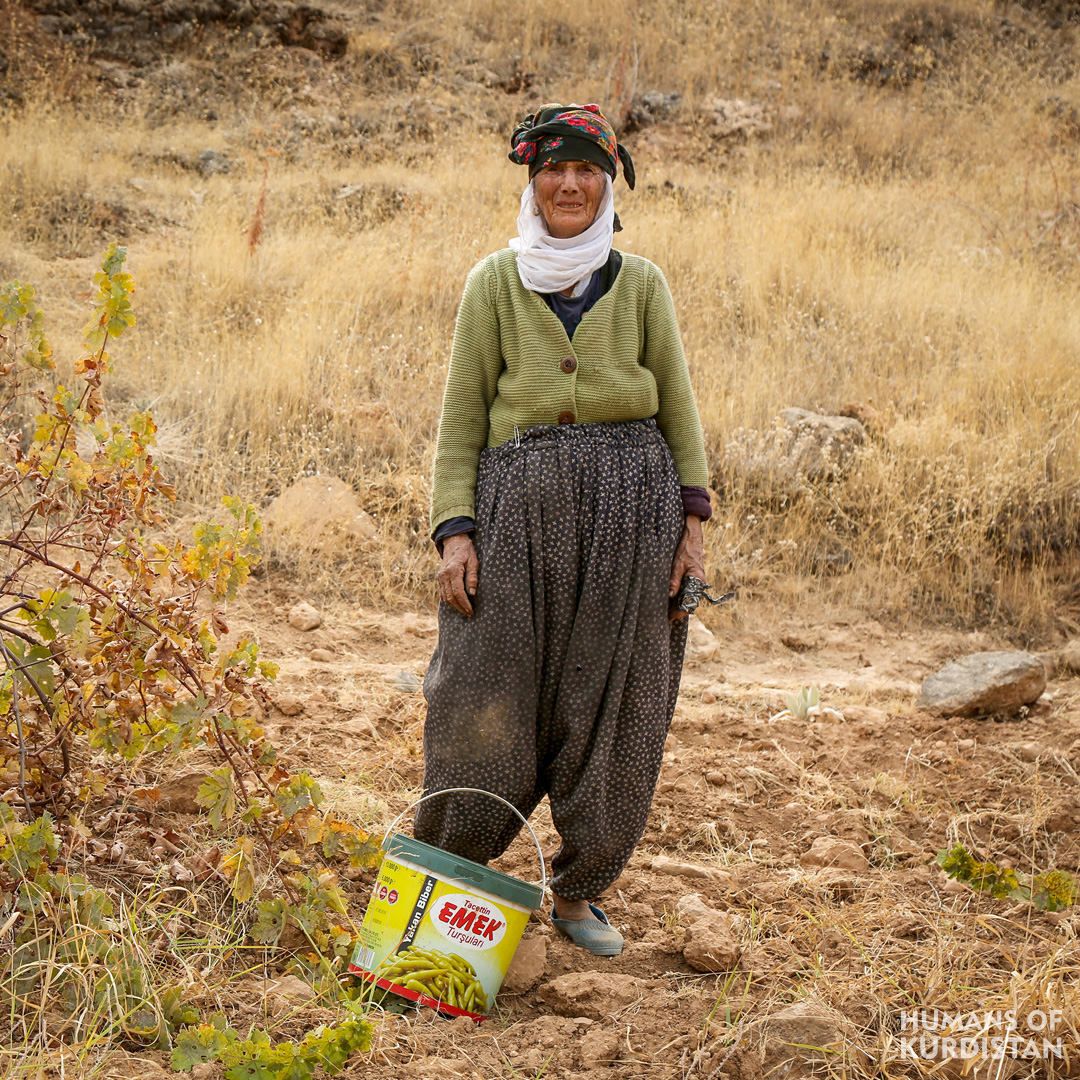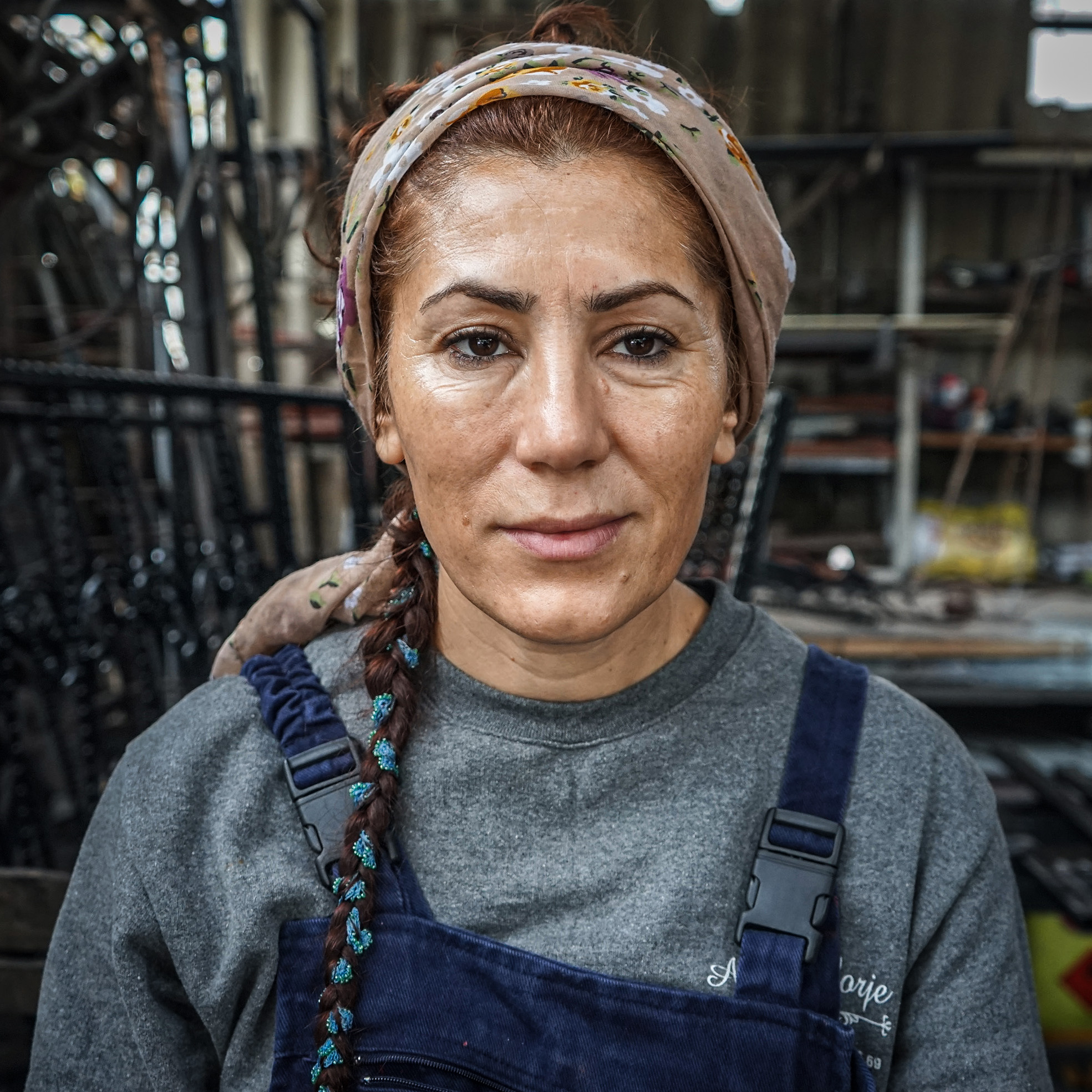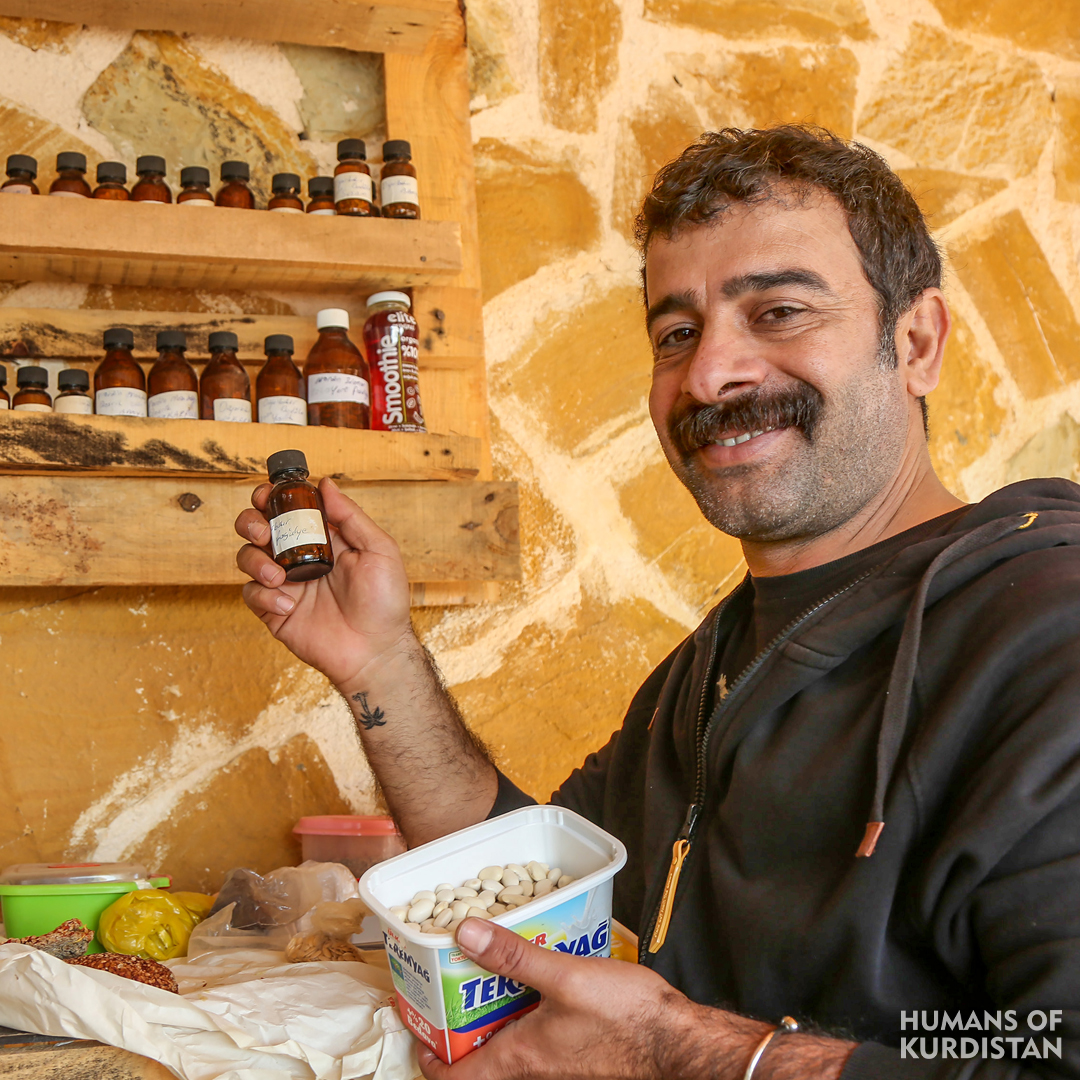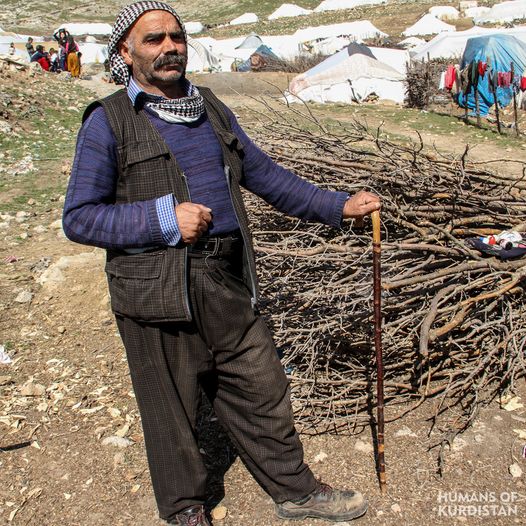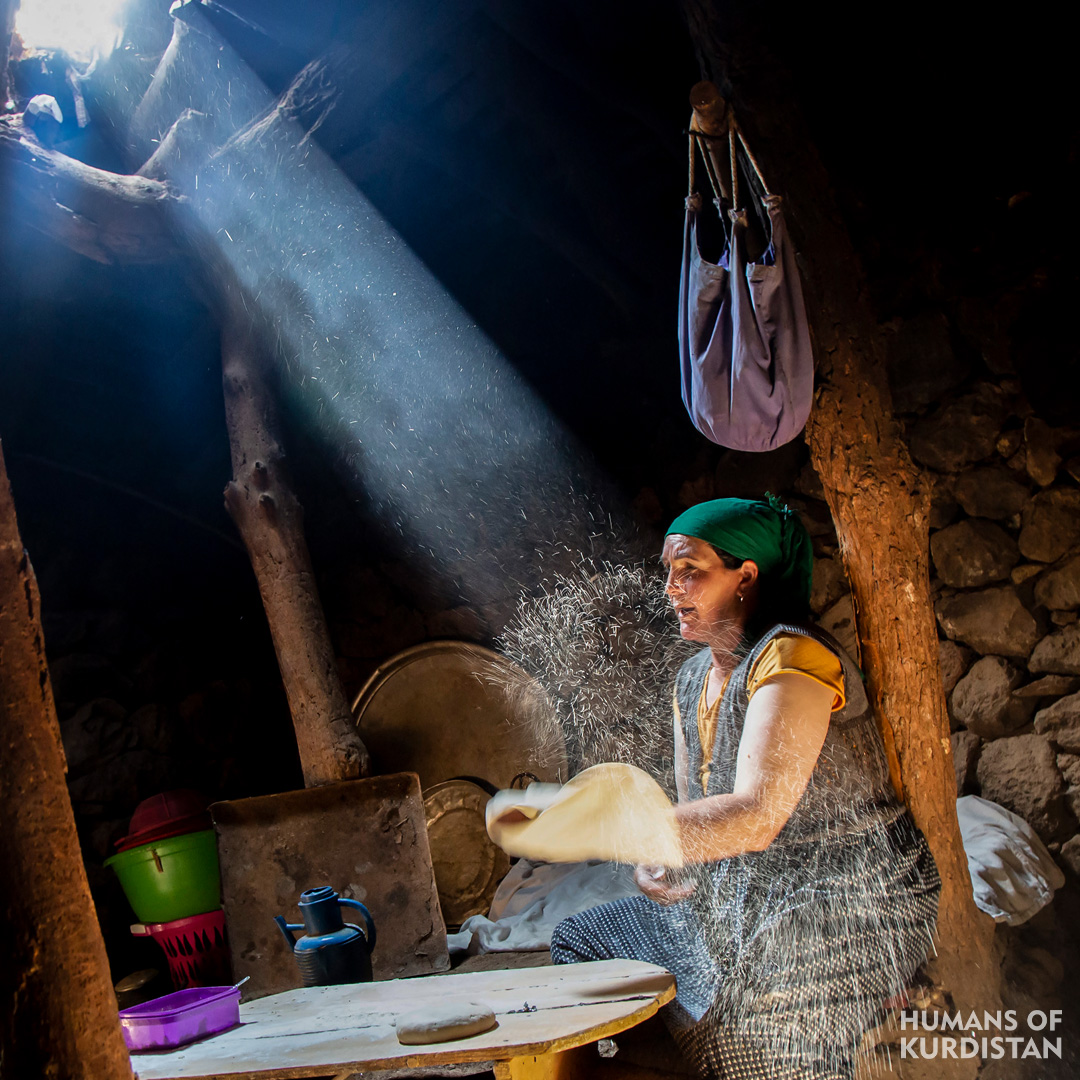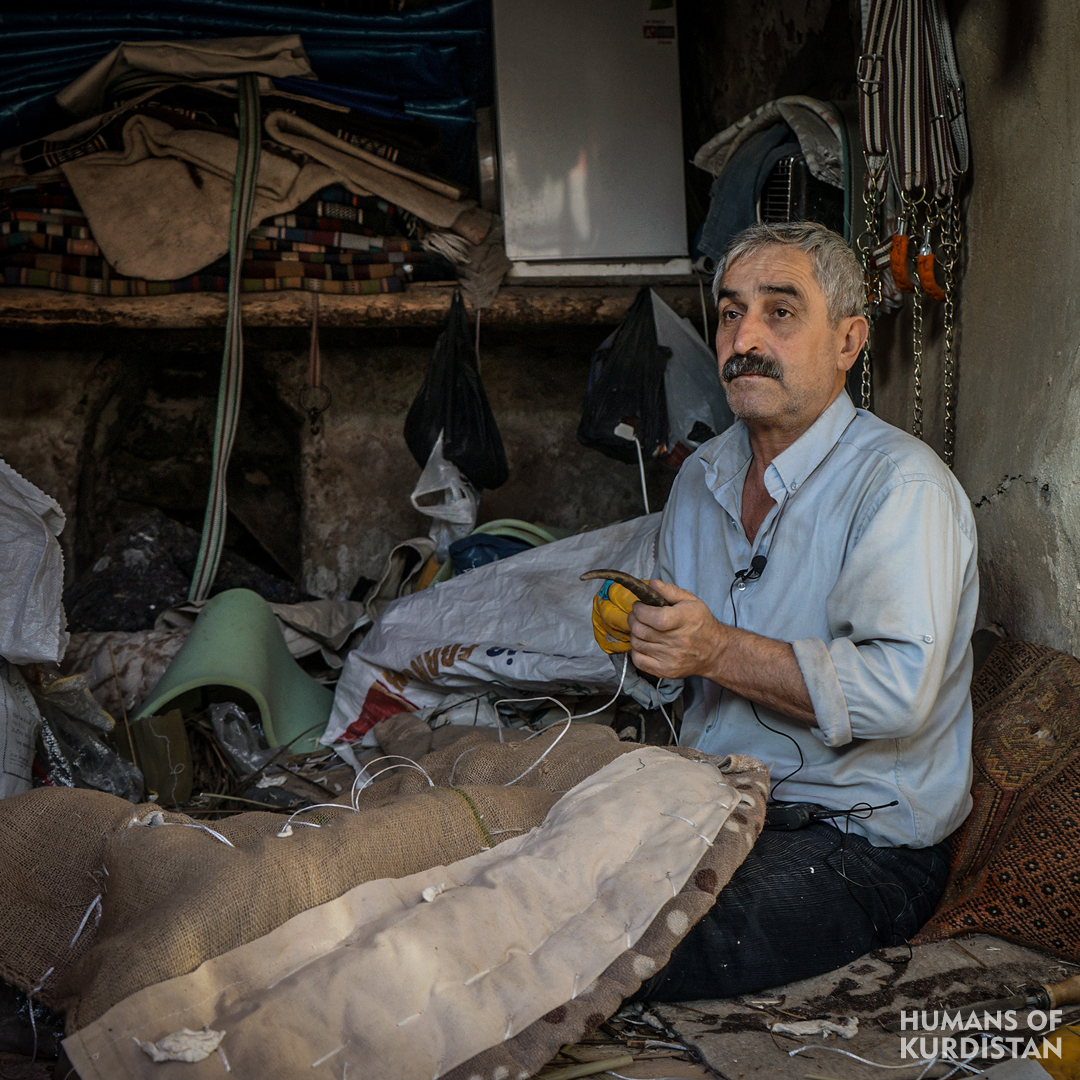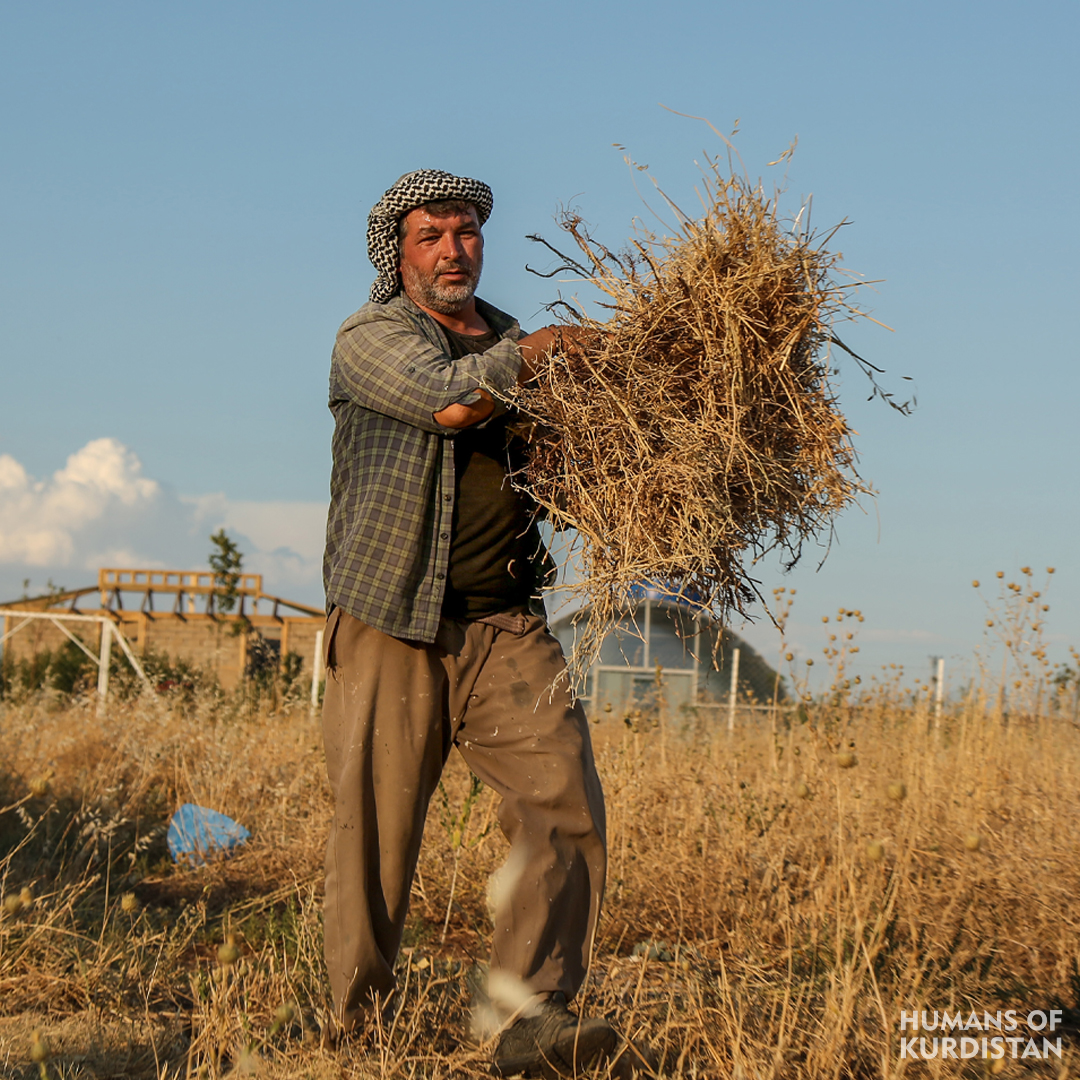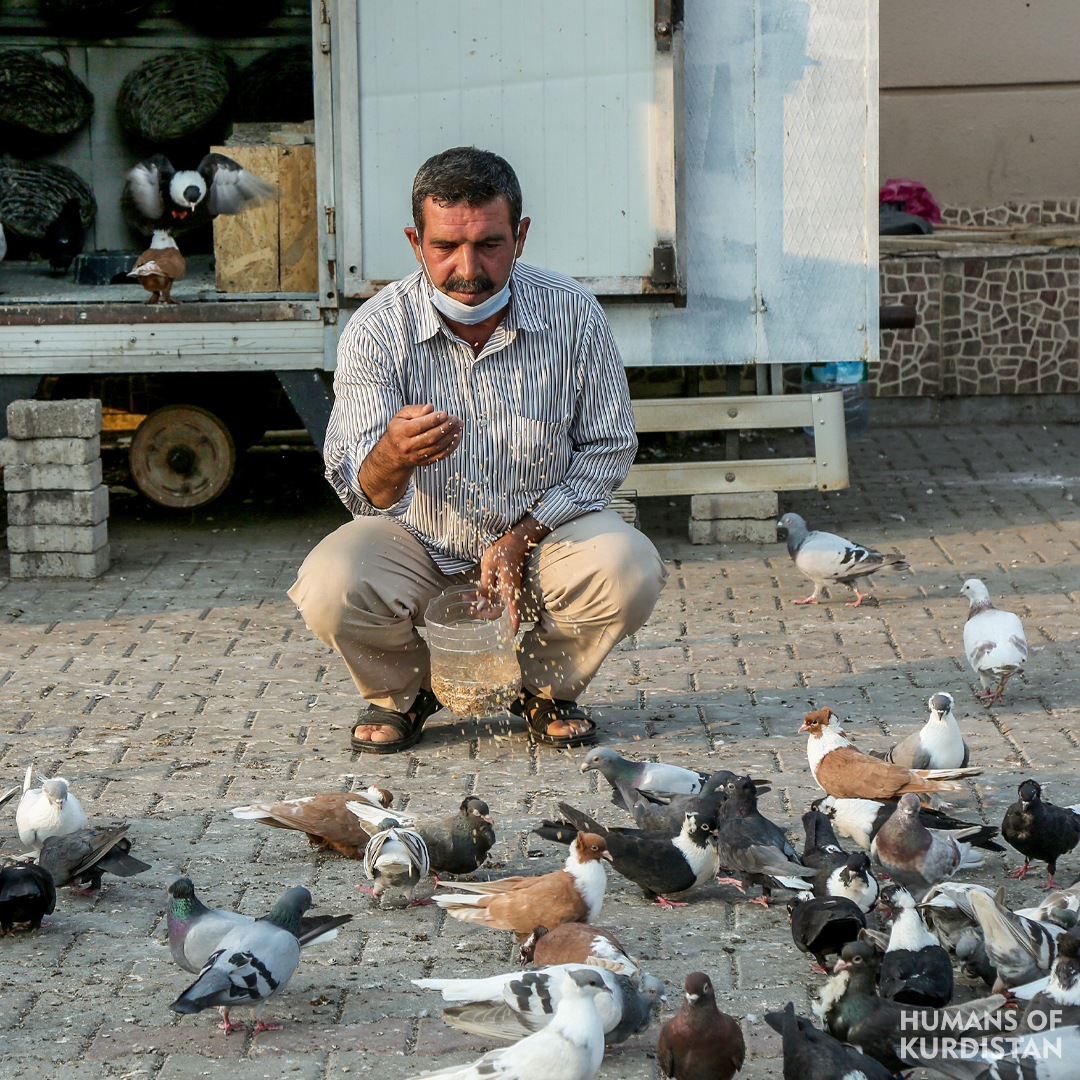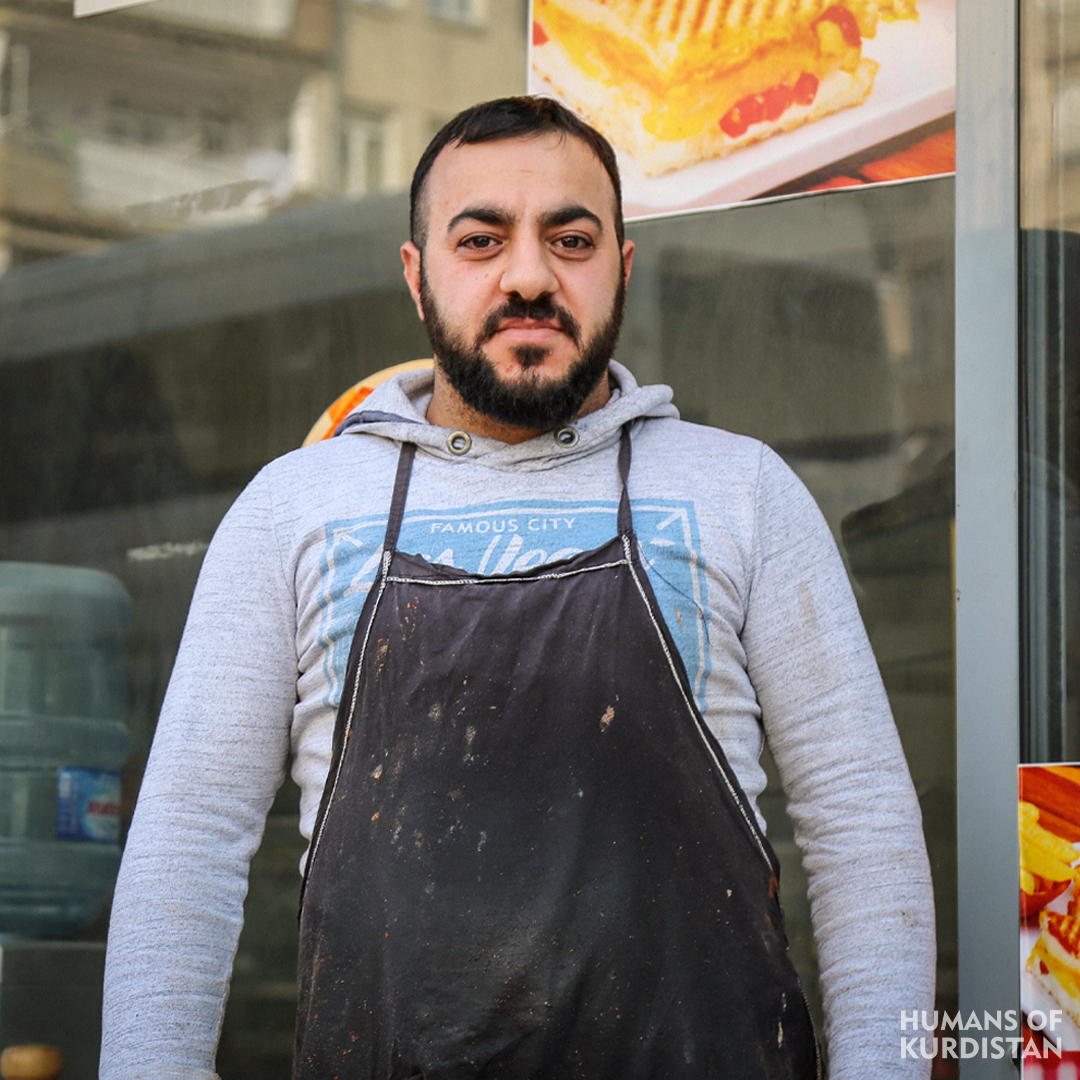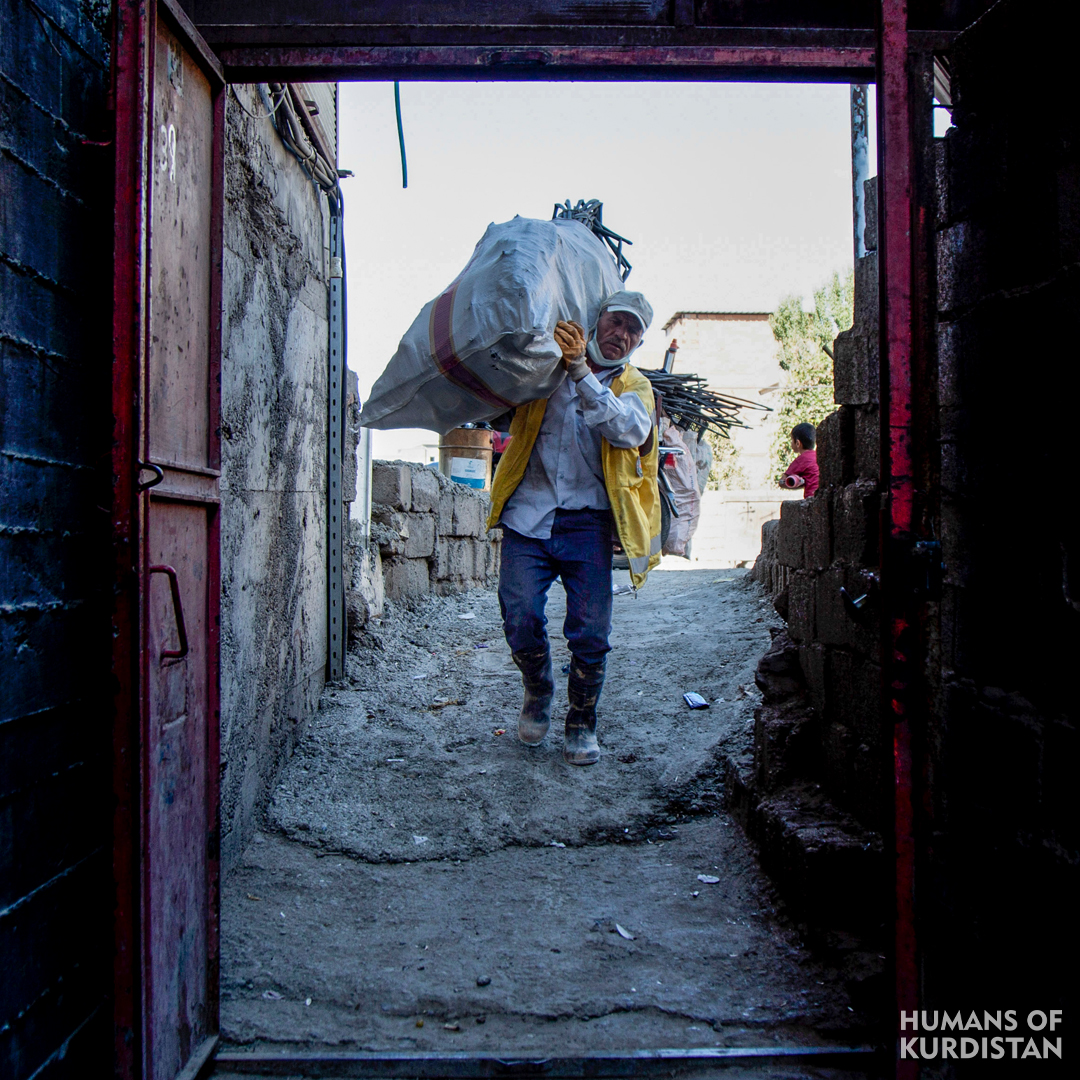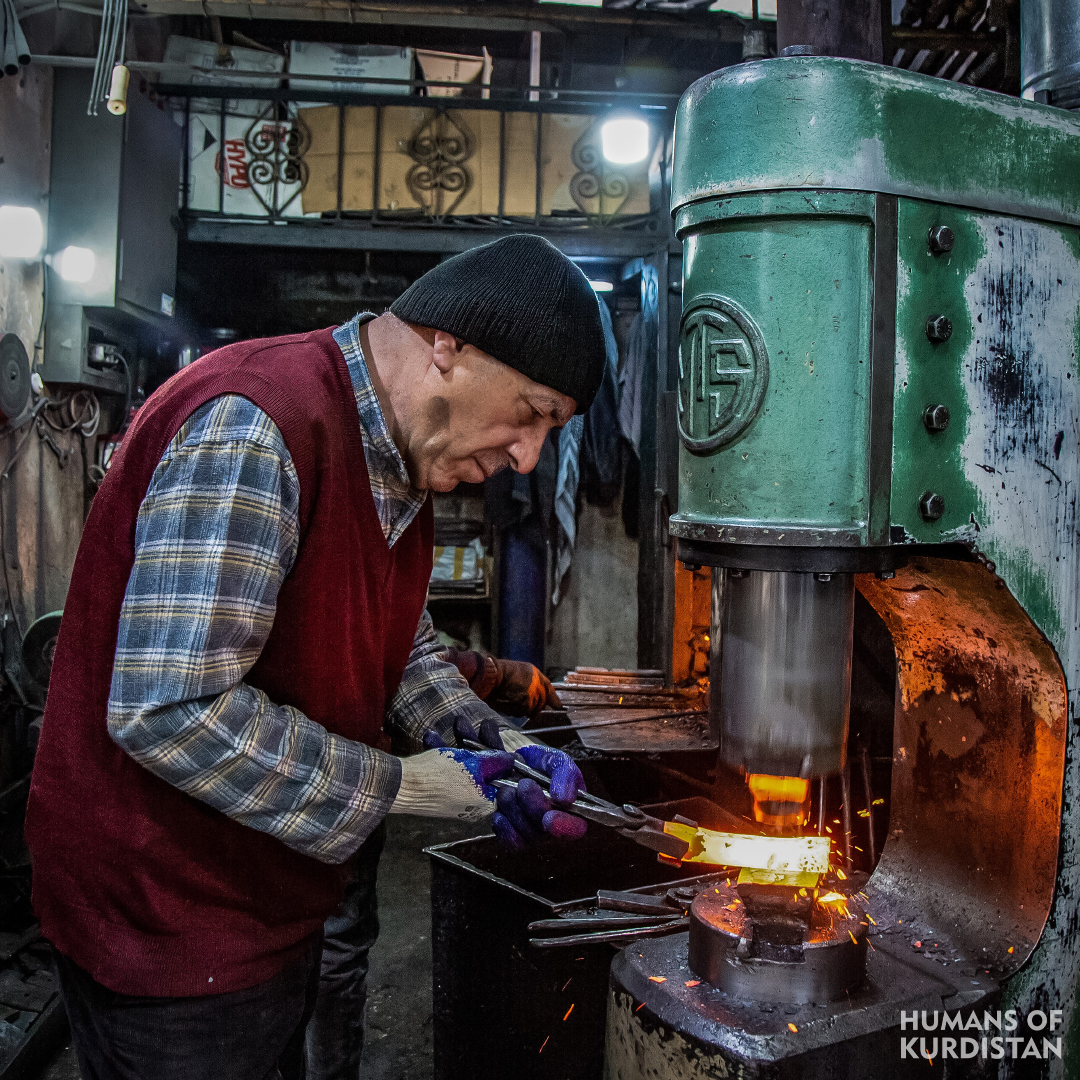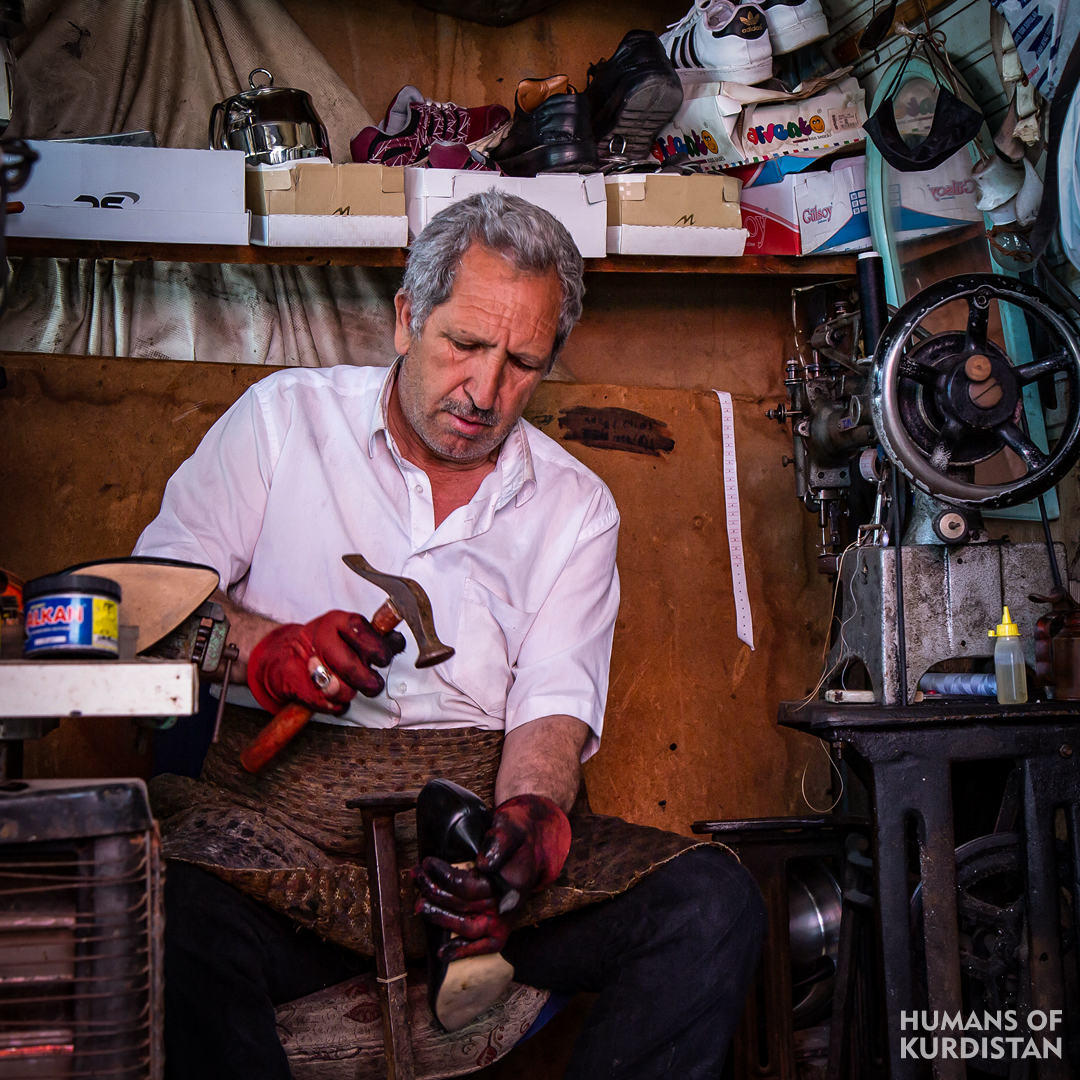January 22, 2023
“When winter comes, the villages become almost ghost towns with the old people staying in them all alone. Since there are no job opportunities in the village, all the young people go to the western cities of Turkey to find work. We, the old people, are left alone in the villages. Hence why, the winter months are lonely for us. We stay, and our children go away. This loneliness continues for about four months. We do all the village work. It's hard, but we have to. When spring comes, some come, and some stay in the cities. We long for those old days; I wish the opportunities that used to exist in the villages still existed now. But unfortunately, there is none. Less water, less snow, and less rain have made agriculture unlike before. For many years, all our things are get caught on fire due to the lack of water. The world is not the same anymore.” ...


